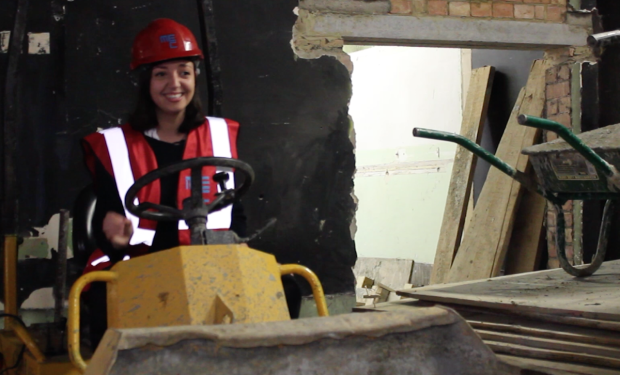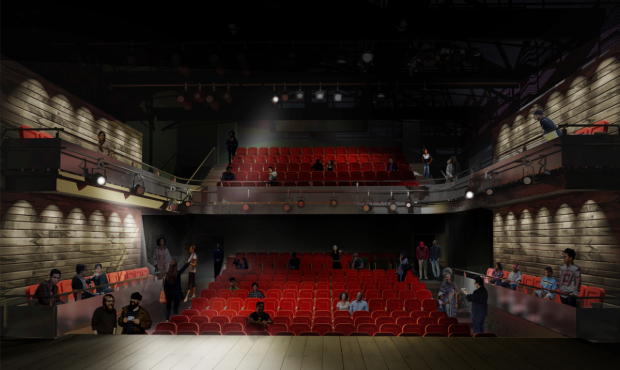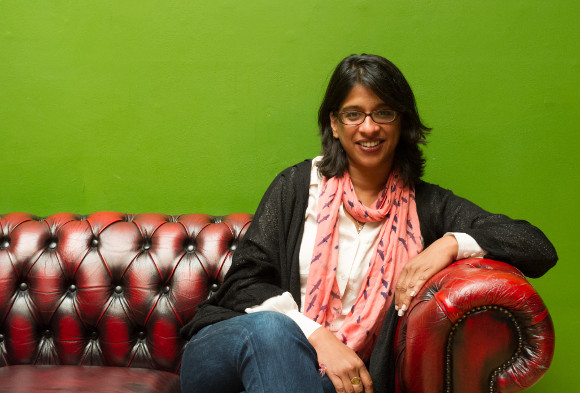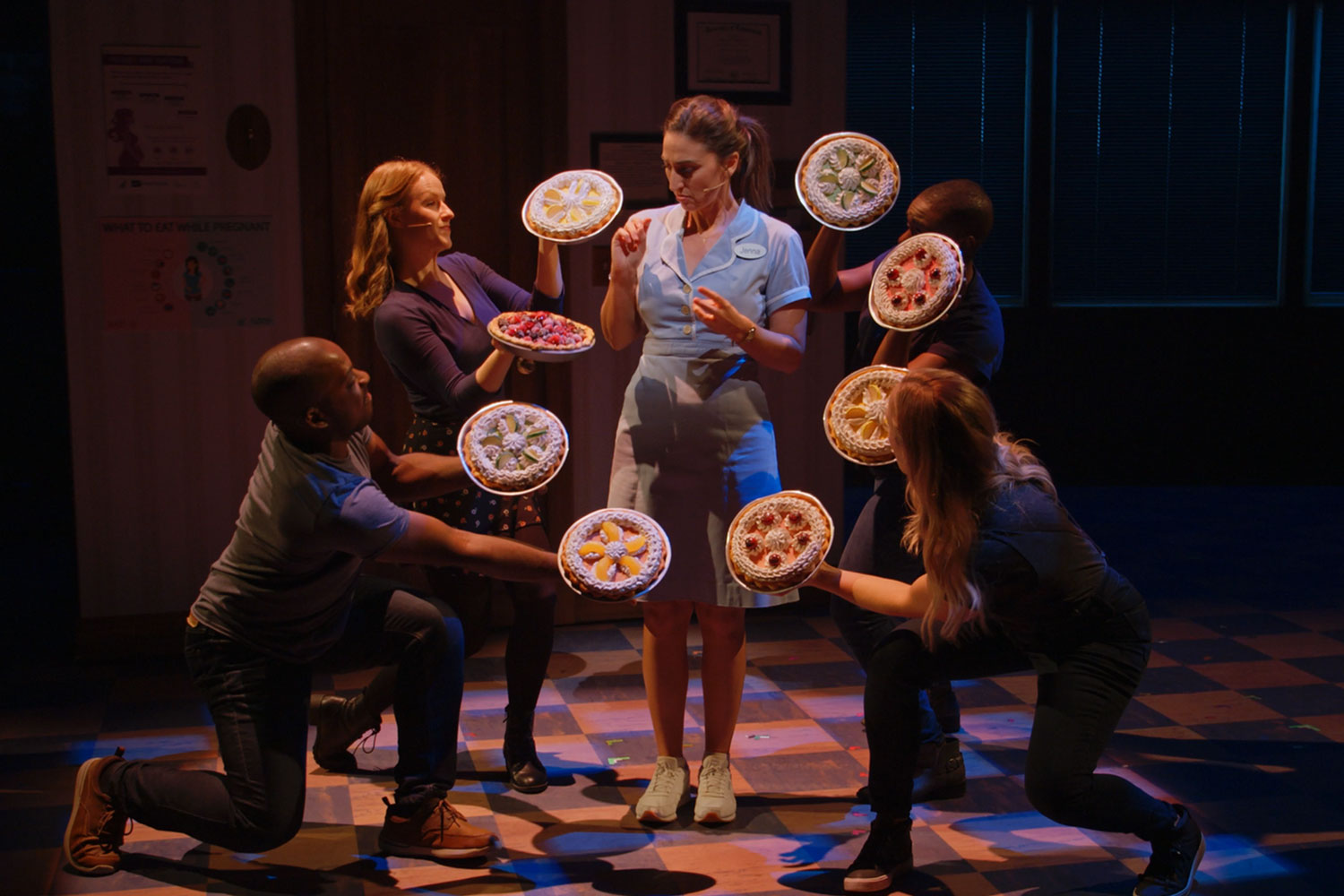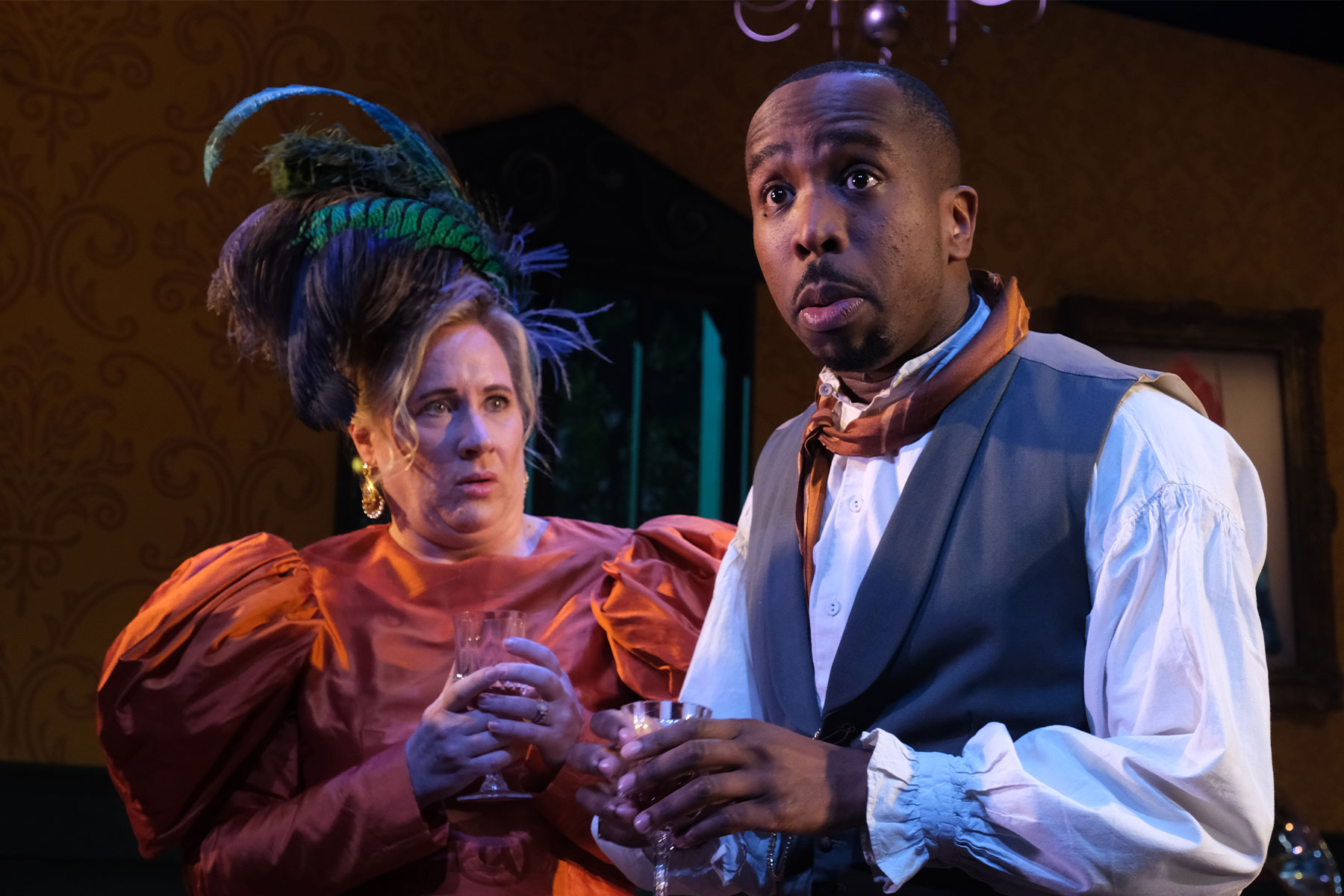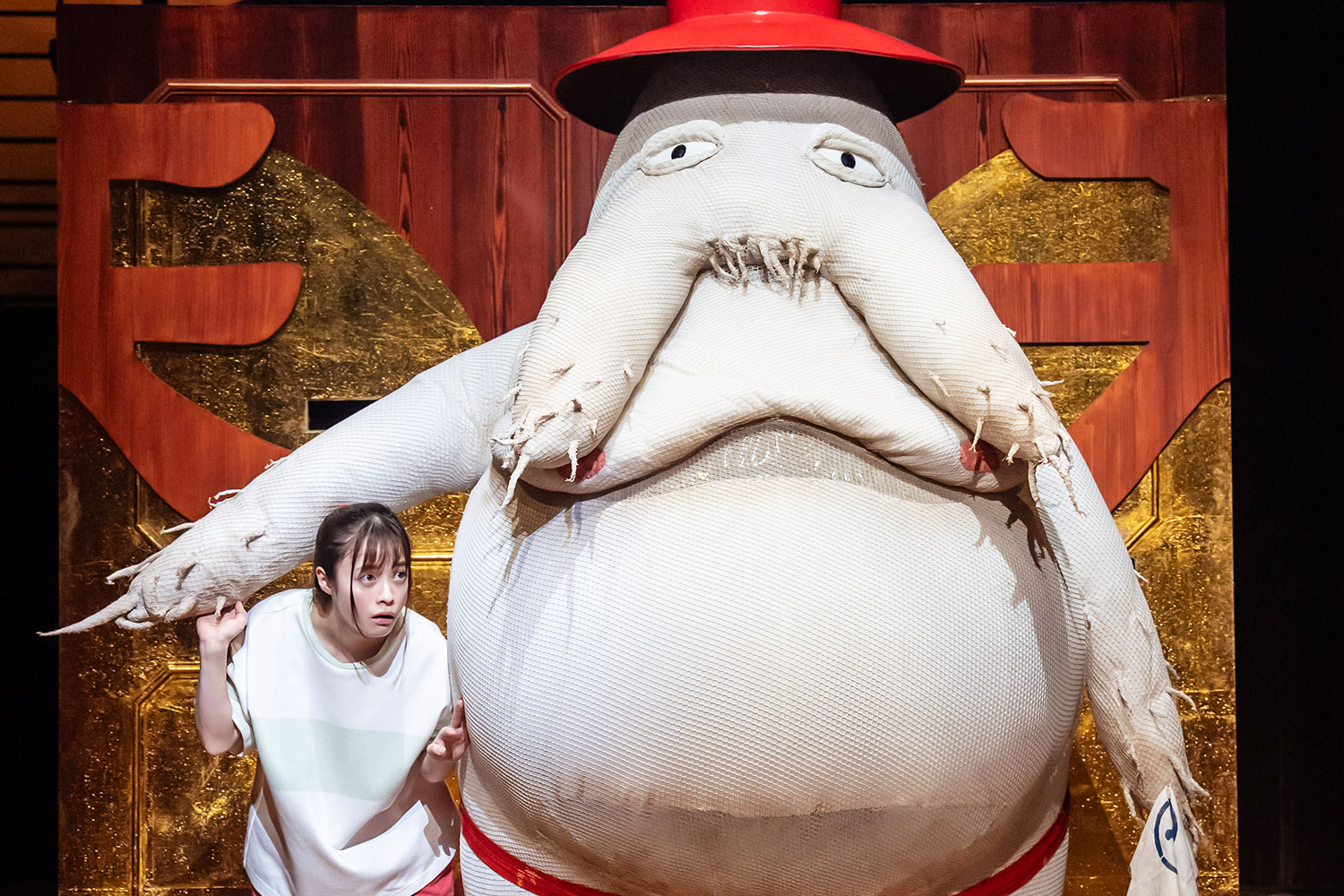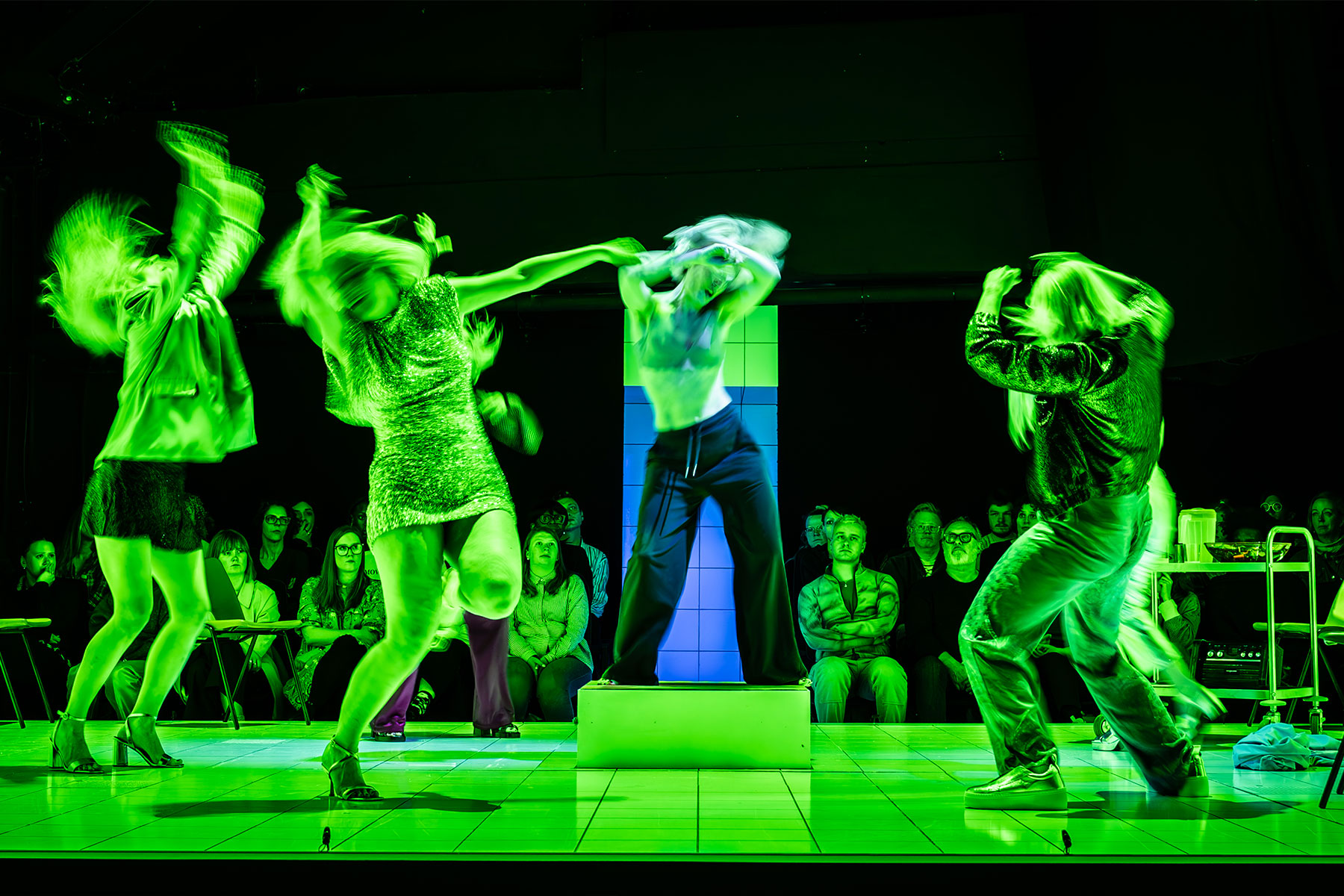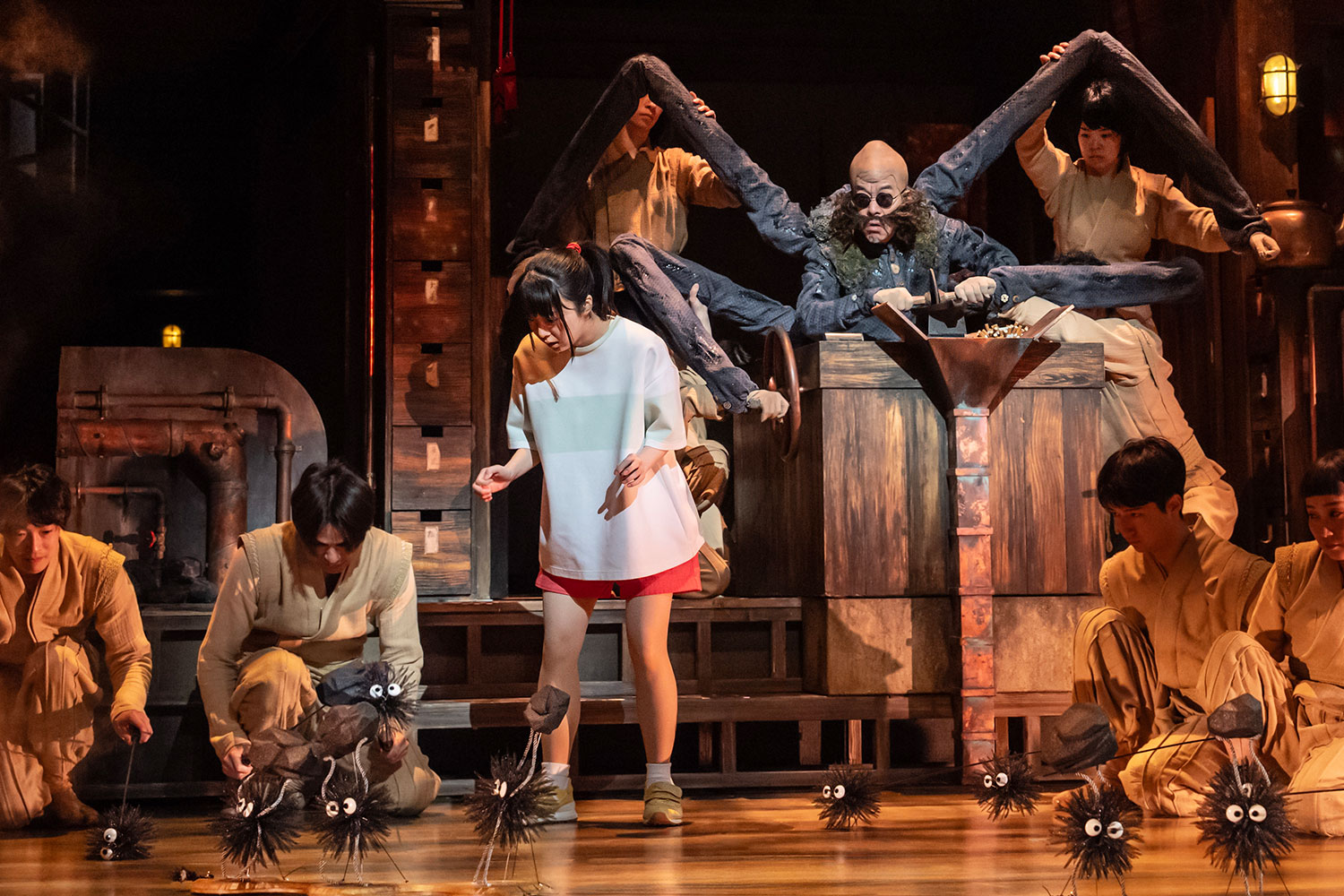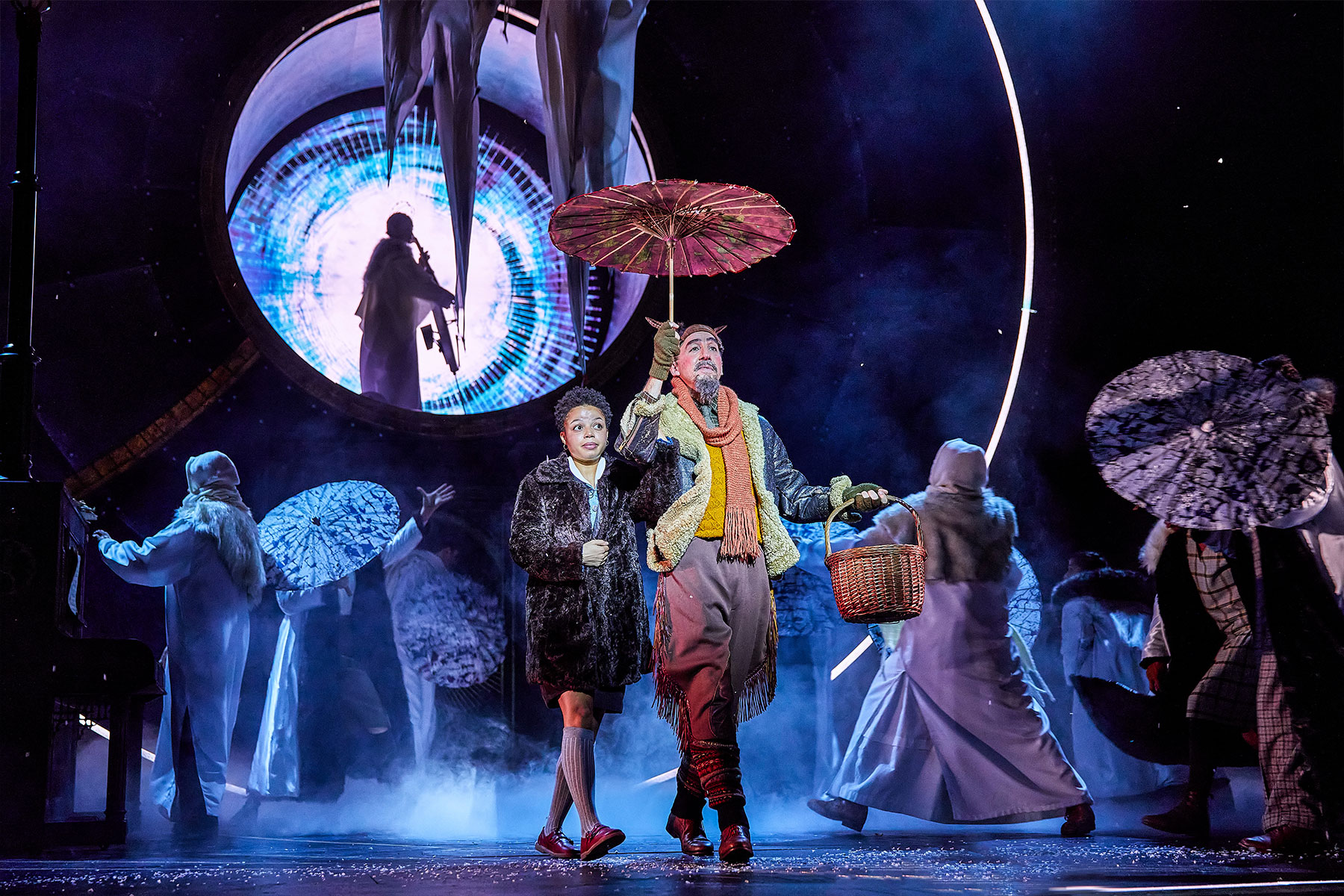Michael Billington is wrong: The Kiln's new name doesn't change a thing
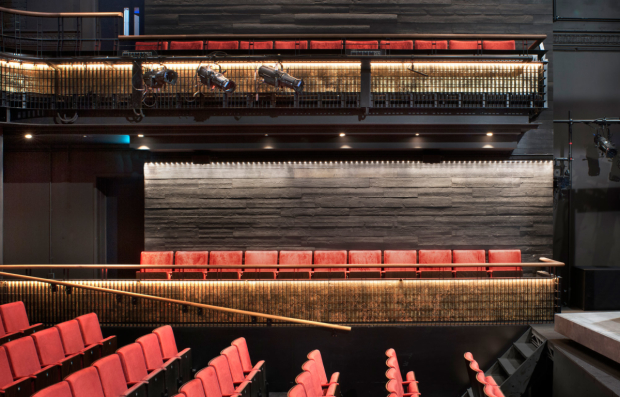
© Philip Vile
To echo someone I've admired for years, what's in a name? So opened an article by Michael Billington in The Guardian on Monday following on from an "indignant" letter in the same newspaper about the re-naming of the former Tricycle Theatre to Kiln Theatre. I'm normally exceptionally good at keeping my opinions to myself and my views out of the "headlines" partly because I genuinely think no-one gives a fig about what I think and surely we're all intelligent enough to make up our minds anyway?
However I am getting heartily sick and tired of the aggression and venom directed at a venue that I have had a long and affectionate relationship with and an artistic director whose work I have followed and admired for almost 30 years.
In the interests of transparency I ought to declare my hand from the outset. As well as being chief operating officer of WhatsOnStage, I was appointed to the board of Kiln Theatre in January this year.
I've been attending the Tricycle since Nick Kent started his tenure in 1984, having moved to London as a student, and can still remember feeling incredibly excited and moved watching Playboy of the West Indies. I'd literally never seen people that looked like me on stage before, let alone sitting next to me in the audience. I couldn't begin to count how many times I've been back there and I've nearly always felt the same frisson.
I lived in nearby West Hampstead when my children were born and the Saturday morning kids shows there were their first experience of live theatre and we regularly trekked along to their school holiday camps in the James Baldwin Studio to enjoy dance, drama and art classes.
Moving forward with a new name simply recognises the next chapter
In my humble opinion it was and always has been a fantastic example of a community-led theatre that embraces the huge diversity of its local audience.
Indhu Rubasingham has been at the helm since 2012 and nothing she has achieved to date would suggest that that vision has changed – the only thing that has changed is the name. Her mission at Kiln Theatre is constantly evolving, as is the building. Moving forward with a new name simply recognises the next chapter and acknowledges the new space as accessible, inclusive, local, diverse, creative and energetic. The legacy of the Tricycle will not be ignored, belittled or indeed forgotten. There will be a timeline of the theatre's rich and proud history on permanent display in the foyer, acknowledging its roots dating back to 1929. The raft of predominately old, white men protesting the new name seem determined to undermine her ongoing and amazing work because she's had the temerity to change the sign at the top of the building.
Why? What's this really about? I remain unconvinced the "legacy" of the building is being lost. I don't remember any protests, angry letters or boycott threats when it was announced in 2010 that the Cottesloe was being renamed the Dorfman. Billington's main comment at the time apart from "Is it sensible to change it?" was that it should have been renamed after an artist, suggesting a (all-male) short-list of Bennett, Stoppard or Frayn.
Do many of the nay-sayers actually know what was done to decide on the new name?
Moreover the suggestion that the name change has been done "insensitively" is ridiculous and faintly insulting. I have been involved in the process from the beginning given my professional and personal experience of the building. Do many of the nay-sayers actually know what was done to decide on the new name?
The consultation process from the outset consulted members of the local community, stakeholders and ticket buyers. The theatre is a registered charity governed by a board of trustees so there is NO obligation to run a public consultation. Those discussions took place in various forms over an eight-month period and included an e-survey to more than 4,000 people who had attended two or more Tricycle shows since 2013, a street survey over two days with the general public in the surrounding areas (including Kilburn, Willesden, Queen's Park, Brondesbury and West Hampstead) and one-to-one in-depth interviews with more than 40 stakeholders including theatre staff, board members, members of the theatre's young companies, high and low level donors, playwrights, actors, producers, directors and Arts Council England.
No public money has been spent on the re-brand – it was wholly funded by a private donor who knew exactly what their money was being spent on and was immensely supportive of it.
So if the protestors can't complain that the consultation wasn't done properly (it was) and that money was wasted during the process (it wasn't), then what's the real issue?
How sad to see people who claim to love the theatre attempt to rally local people against it
Could it be because it's all very well having a woman at the helm producing fabulous work but heaven forbid she has ideas above her station and chooses to re-name the very venue that chose to employ her to implement her vision?
I know that you can't please all the people all of the time and it would have been naïve to think that there wouldn't have been some resistance but how sad to see people who claim to love the theatre attempt to rally local people against it. It is also interesting to note that some of the supporters of the campaign haven't stepped foot in the building for several years such is the depth of their loyalty. It's probably also worth pointing out that when the cinema extension to the building was opened in 1998, the local paper reported the "fierce criticism" of the local residents and vehemently opposed the building. The Chair of the Brondesbury Residents and Tenants Association described the design as a ‘carbuncle'. Attendances over the last two decades would suggest that it's fitted into the local community rather nicely and it would be hard to imagine Kilburn without it.
The new season has already rightly been hailed as visionary, inclusive and exciting but perhaps equally importantly ticket sales to date show that Kiln is attracting new patrons as well as its loyal core audience. A third of those that have booked will be coming to the theatre for the first time. Instead of the sniping, whining and in some instances, downright bullying, please, please people, can we be positive and celebrate that?







